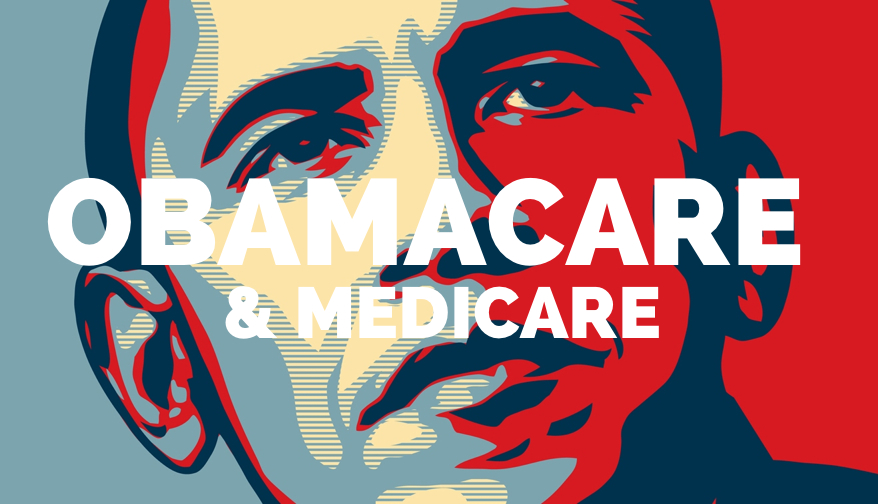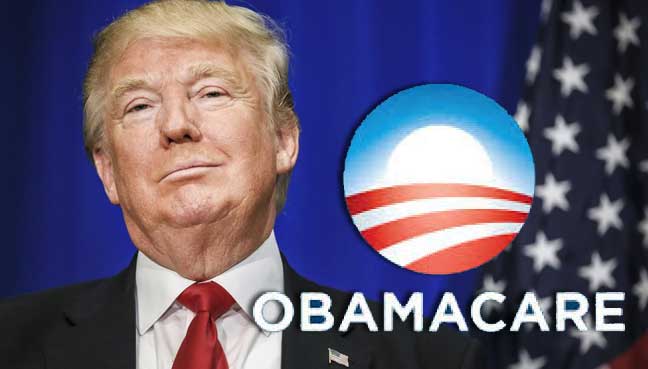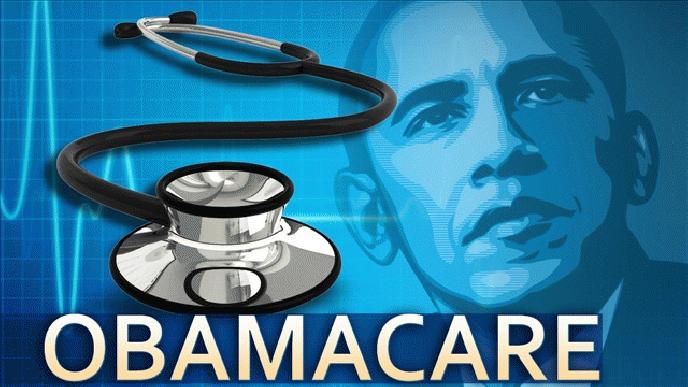
Critics of the Patient Protection and Affordable Care Act (PPACA, or Obamacare) have openly advocated the full repeal of the legislation since its implementation some years ago. It is no secret that Trump has advocated for a full repeal as well. Given his tendency to renege on his word, however, it remains uncertain whether the president-elect will, in fact, replace the PPACA quite as he has promised. Nonetheless, Trump has vowed time and again to realize several changes that portend sweeping and awful effects for the American public.
Specifically, under Trump’s health policy reform plan entitled “Healthcare Reform to Make America Great Again,” there are three proposed changes to healthcare reform that warrant immediate address. That is because they suffice to prove that Trump’s replacement of the PPACA, at least, in the way he has elaborated it, will doubtless result in failure. Furthermore, Trump has openly promoted these changes throughout the course of his presidential campaign; it is nothing new. These three changes are as follows:
- Granting individuals the freedom to deduct from their federal tax returns the total amount of premium expenses incurred from their individual health plans
-
Providing states with block grants for the purpose of financing their respective Medicaid programs
-
Granting insurance companies the freedom to engage in the sale of insurance across state boundaries
These changes will have the following unwelcome effects: First, the number of uninsured Americans will increase from the current figure of 16 million (under the PPACA) to 25 million, burdening disproportionately the sick and low-income Americans; second, out-of-pocket spending will be higher than it currently is (under the PPACA) for enrollees who participate in individual market insurance; and, third, there will be a $0.5 billion increase in the federal deficit, which will raise the total federal deficit to $41 billion.
Trump’s policies may boast the capacity to reduce spending, namely on health insurance programs like Medicaid, or on related subsidies, such as tax credits; however, insofar as the policy changes in question would affect healthcare as it existed under the PPACA, the consequence is simple: Trump’s changes would reduce the number of insured Americans while expanding the federal deficit. Additionally, the three policy changes in question would limit federal revenue by jeopardizing the PPACA’s financing mechanisms, which, admittedly, are already flimsy. They include: medical device taxes, payment for Medicare, health plans, and brand name prescription drugs.
Moreover, these policy changes alone will require that the government create new taxes. At the very least, they would required that the government somehow devise a means of offsetting savings, which might otherwise come from alternative methods of maintaining deficit neutrality. It is doubtful, however, that Trump and his team are poised to adopt alternative methods, let alone capable of imagining them. Even so, this much is true: policymakers would need to modify Trump’s plan were they to skirt a loss in general health coverage, especially among sick and low-income Americans—many of whom, as Trump well knows, voted for him in the election.
Many Americans – not simply the poorest – have long expressed a good deal of worry over the nation’s healthcare system, the management of that system, and its funding. It seems that no other country on earth spends such a large amount of its gross national product (GNP) on services related to health with such dismal results. Like so many Western states that are economically “developed,” questions surrounding the sustainability of healthcare also wrack the United States. Moreover, many citizens may fear that their healthcare system is to remain perpetually in limbo and signal the intermeshing of the working and nonworking segments American society as proof. Thus, the public hotly debates what kind of healthcare the nation might actually be able to afford when it has already paid so much, and for so long, for its public health.
It is true that there exist many other policy ideas to consider that might allocate target subsidies to poorer citizens likely to be most adversely affected by Trump’s changes to healthcare. For example, Saltzman and Eibner cite “refundable tax credits indexed by income instead of a regressive tax deduction” in their recent study entitled Donald Trump’s Health Care Reform Proposals. And, however delusional, there certainly is the marginal possibility that high-risk pools might prove a means by which coverage can be secured for Americans with preexisting conditions; such reforms would indeed be plausible for expanding coverage.
Yet, ultimately, the fact of the matter remains that these policies would also increase the federal deficit, especially in the context of a full repeal of the PPACA. And it will not much affect those in Trump’s own tax bracket. Thus, the legislation ought not to be replaced piecemeal with a Frankenstein branded as “Trumpcare,” or whatever Paul Ryan is hocking; rather, it should be replaced with something that is actually just and democratic.
As Saltzman and Eibner indicate, replacing the PPACA with Trump’s plan would include the repeal of all of the legislation’s provisions, including the expansion of Medicaid, as well as “means-tested tax credits for coverage in the health insurance marketplaces.” A full repeal would also eliminate all reforms to the individual market, and this encompasses “community rating and prohibiting insurers from denying coverage to people with preexisting conditions.” PPACA measures designed to offset Medicaid cost expansion, as well as “individual and employer mandates, reductions in the rate of Medicare spending growth, and the implementation of new taxes and fees”—and other marketplace insurance subsidies—would also be repealed.
If granting individuals the freedom to deduct from their federal tax returns the total amount of premium expenses incurred from their individual health plans, providing states with block grants for the purpose of financing their respective Medicaid programs, and granting insurance companies the freedom to engage in the sale of insurance across state boundaries are enough in and of themselves to ensure that Trump’s plan will fail, it is a moot point to ask what good will come from replacing these additional PPACA provisions espoused by Trump.
Mateo Pimentel is a sixth-generation denizen of the Mexican-United States borderland. Mateo writes for political newsletters and alternative news sources; he also publishes in academic journals. Mateo has lived, worked and studied throughout Latin America for the last decade. He currently pursues a Master of Science in Global Technology and Development, and he composes and records music in his free time.












































